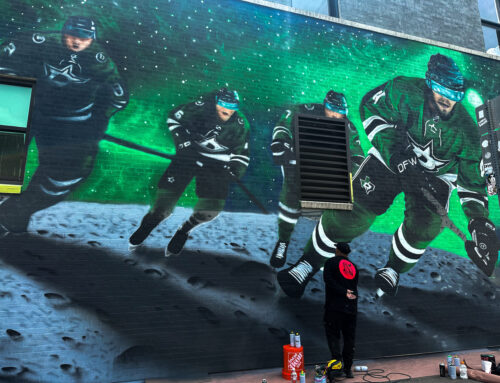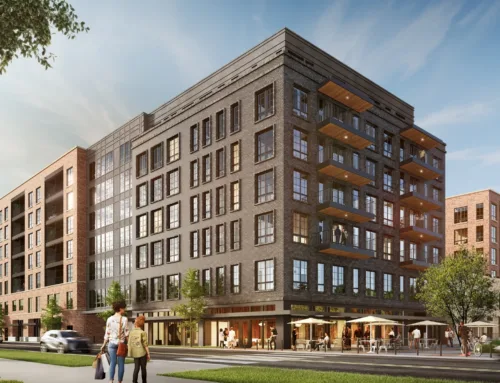The news about a change in the community policing model DPD has been using for years occurs at a particularly interesting time in police/city politico relations, coming on the heels of the verified response debate a few weeks ago. The new policy, publicized in a DMN article today, highlights the undercurrent of police gripes just below the surface of things, as about 60 officers who had been dedicated to "community policing" are being sent primarily back to patrol instead. Many have been the designated go-to guys for neighborhood groups and touchy-feely-type policing, as opposed to grabbing a baton and gun and heading out to the ‘hood to bust bad guys. But neighborhood groups have argued that the community policing cops were their main contact and had done a good job of "humanizing" the police, most of whom don’t have time to glad-hand citizens while they’re running from one call (or false alarm) to another. Like I said earlier, Tanya Eiserer with the News did a good job with this story of highlighting the various issues associated with community policing and the pitfalls of trying to adjust things.





